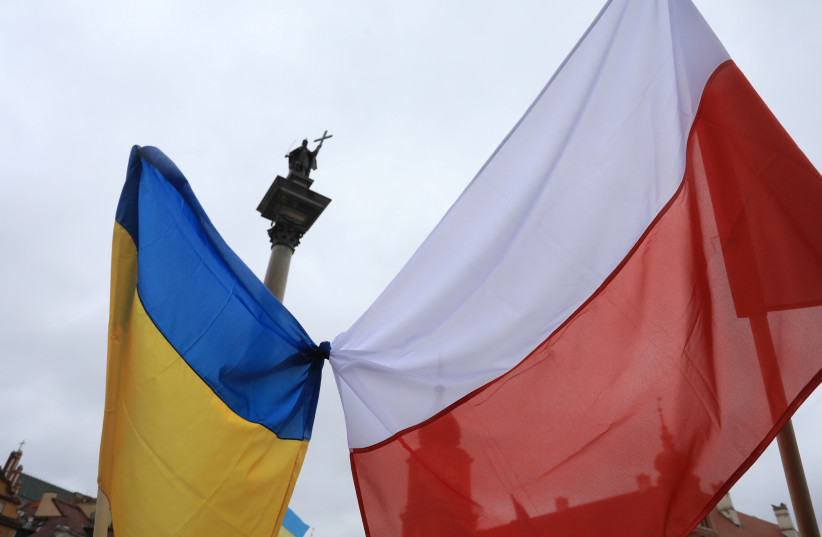Poland has detained another member of a Russian spy network, bringing the total number of people rounded up in an investigation to 15, Interior Minister Mariusz Kaminski said on Monday.
A hub for Western military supplies to Ukraine, Poland says it has become a major target of Russian spies and it accuses Moscow of trying to destabilize it.
"The Internal Security Agency has detained another member of the spy network working for Russian intelligence," Mariusz Kaminski said in a post on Twitter
"The suspect kept surveillance of military facilities and seaports. He was systematically paid by the Russians."
The Russian embassy in Warsaw did not immediately respond to an emailed request for comment.
In June, Poland detained a Russian professional ice-hockey player on spying charges.

Russian spy network
In March, Poland said it had broken up a Russian espionage network and detained nine people it said were preparing acts of sabotage and monitoring rail routes to Ukraine.
The following month Poland said it was introducing a 200-meter exclusion zone around its Swinoujscie Liquefied Natural Gas (LNG) terminal, citing concerns about Russian espionage.
